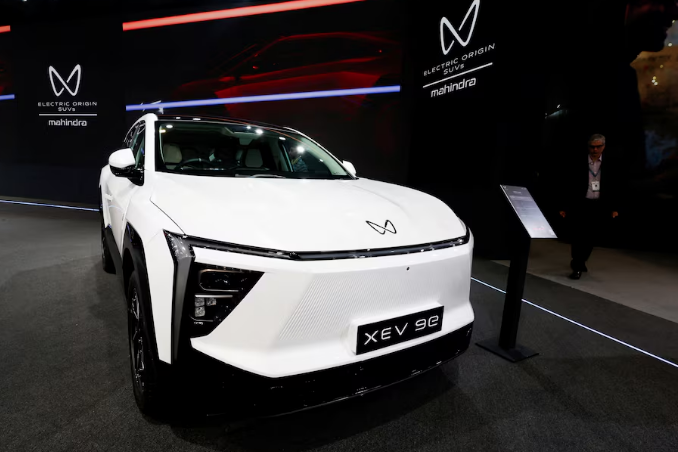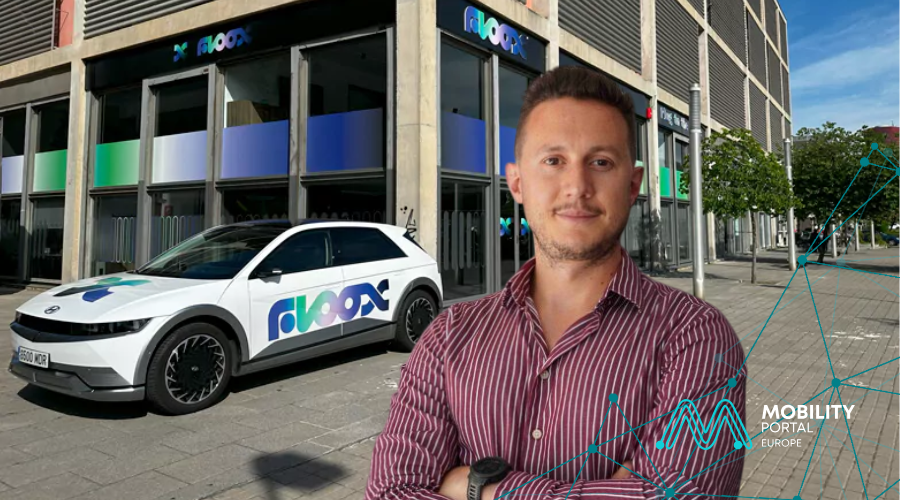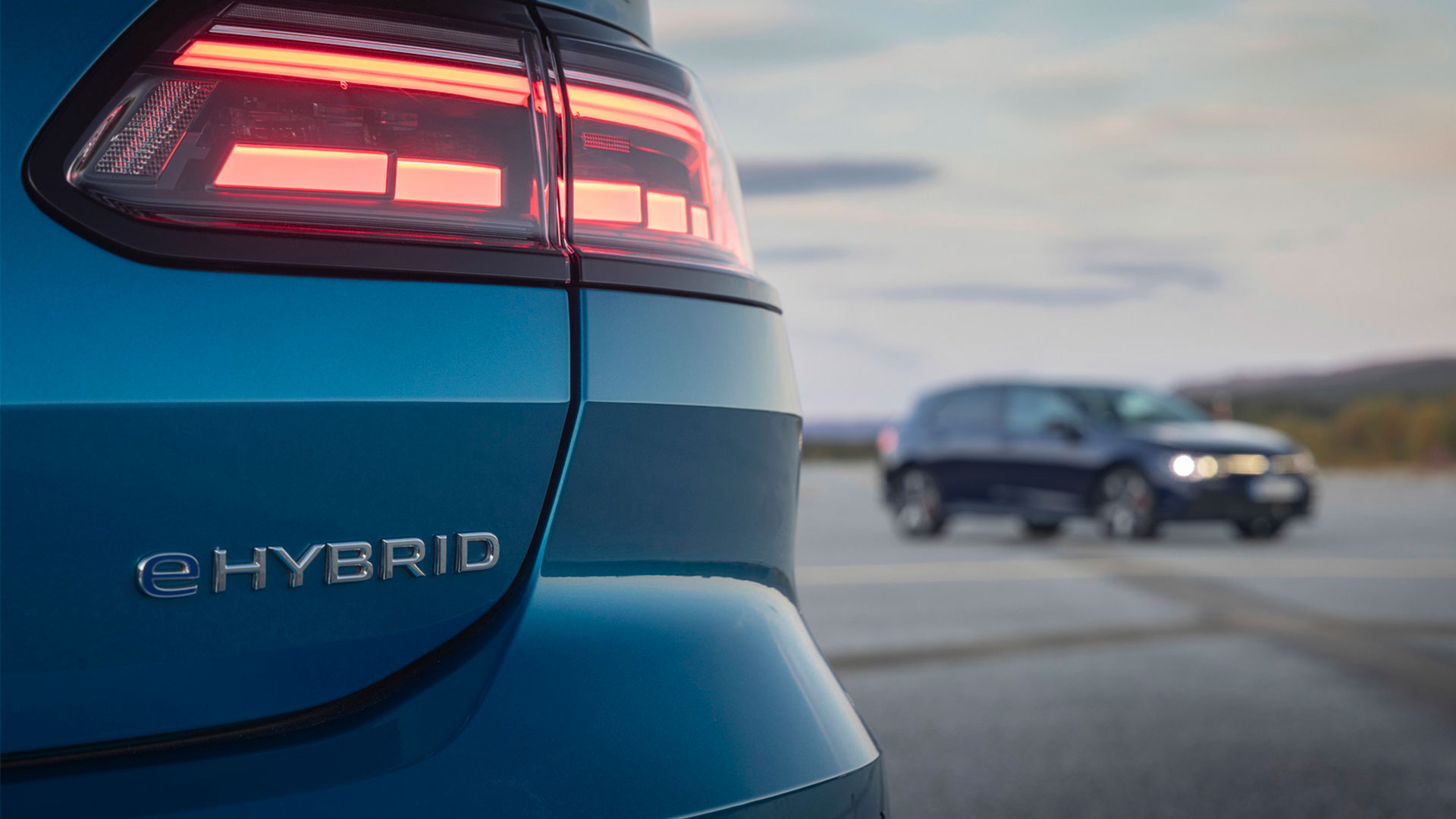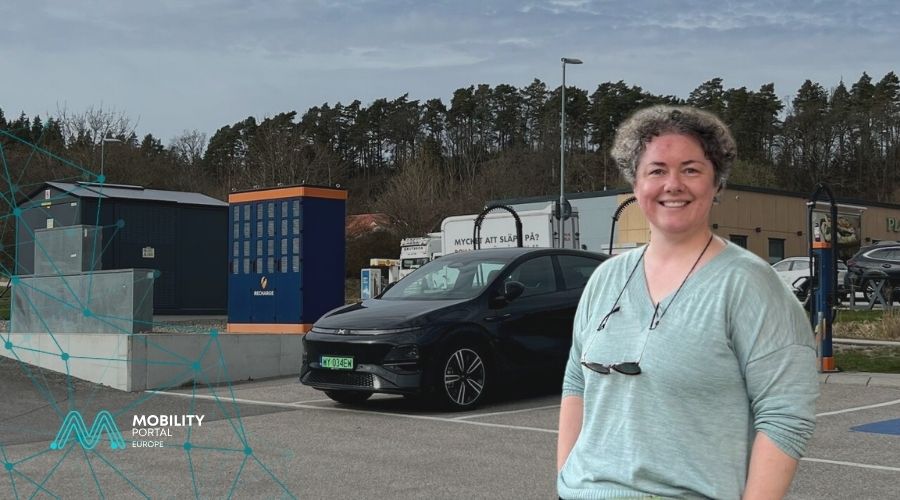India plans to lower import tariffs on electric cars, rejecting requests from local automakers to delay such cuts by four years, as New Delhi prioritises closing a trade deal with the United States, government and industry sources told Reuters.
The automakers are lobbying Prime Minister Narendra Modi‘s government to delay any cut in EV tariffs until 2029, and then phase in a reduction to 30% from as high as roughly 100%, two industry sources and one government official said.
However, New Delhi is serious about lowering EV tariffs – whichf have riled U.S. President Donald Trump and his ally Tesla CEO Elon Musk – and the sector is set to be part of the first tranche of tariff reductions in a planned bilateral trade deal, this government official – and another – said.
“We have protected the auto industry for far too long. We will have to open it up,” the second government official said, adding the plan was to lower tariffs “significantly”, including on EVs.
The officials declined to disclose the size of the planned duty cut given ongoing negotiations with Washington.
The sources, who are familiar with the talks and the auto industry’s demands, declined to be named as they are not authorised to speak to the media.
India’s commerce ministry and the Society of Indian Automobile Manufacturers, which represents carmakers in the world’s third-largest auto market, did not immediately respond to emails seeking comment.
New Delhi’s plan to cut duties on EVs and other goods comes as it seeks to build bridges with Trump – who has referred to India as a “tariff king” – even as he prepares to announce reciprocal tariffs on trading partners later on Wednesday.
An immediate cut would be a victory for Tesla, which has finalised showrooms in Mumbai and New Delhi to begin selling imported cars in the South Asian nation this year.
Trump has said it is currently “impossible” for Tesla to sell in India and it would be unfair if it had to build a factory there.
READ MORE
-
Floox: “La compra pública en movilidad eléctrica debe priorizar calidad, no solo precio”
Durante la Mesa Público-Privada impulsada por la Generalitat de Cataluña, la empresa de soluciones eMobility Floox planteó la necesidad urgente de redefinir los criterios de licitación pública para cargadores eléctricos, alertando sobre los riesgos de favorecer exclusivamente ofertas de bajo costo.
-
Alicante renueva flota policial con 27 nuevos vehículos SUV híbridos por casi 2 millones
El Ayuntamiento licita un contrato de leasing con opción a compra para reforzar la movilidad de la Policía Local, en una apuesta continua por la modernización del cuerpo.
-
From Poland to Norway: 6 CPOs and an XPeng G6 crossing 5 countries
Agata Rzędowska, CharIN Ambassador, shares first-hand with Mobility Portal Europe the journey she undertook across Poland, Sweden, Norway, Denmark and Germany. The goal? To keep debunking myths about the current state of e-mobility. What lessons were learned – and what still needs improvement?









